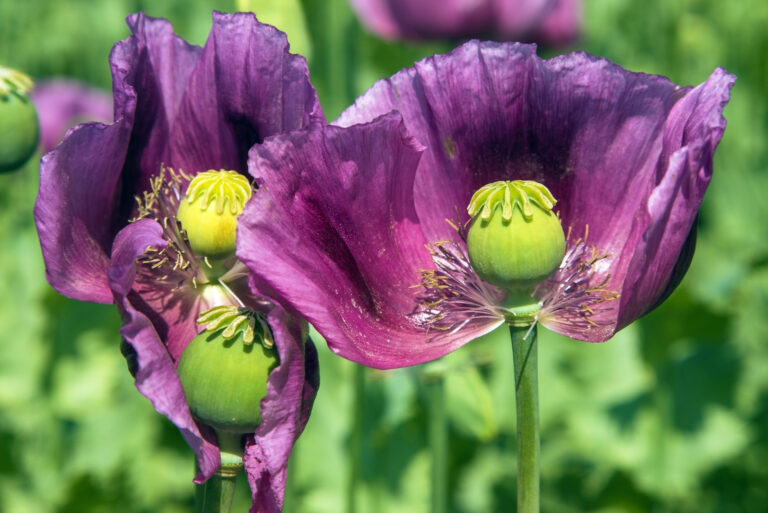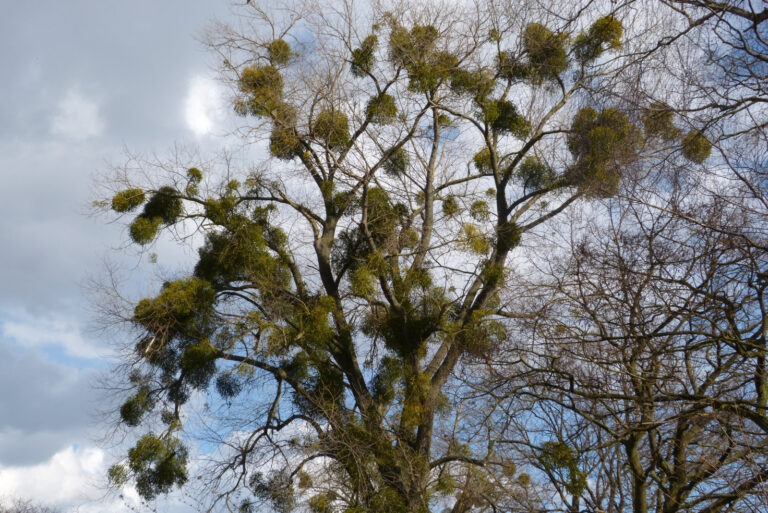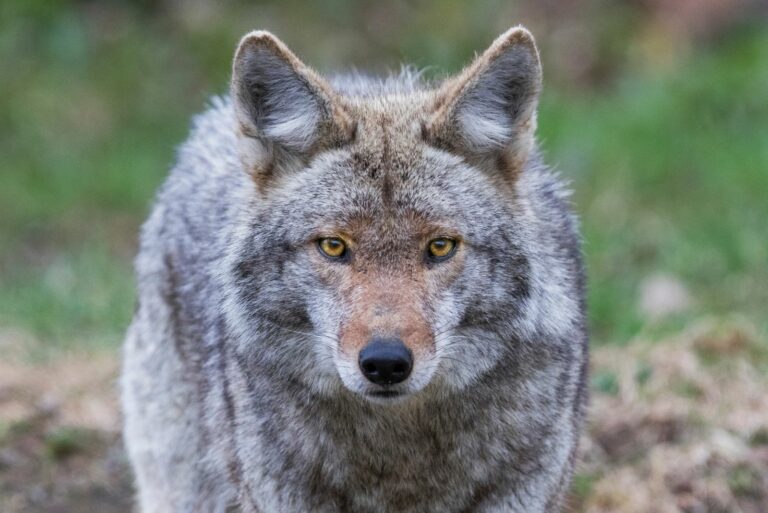7 Things To Know Before Trying To Remove Possums In Tennessee
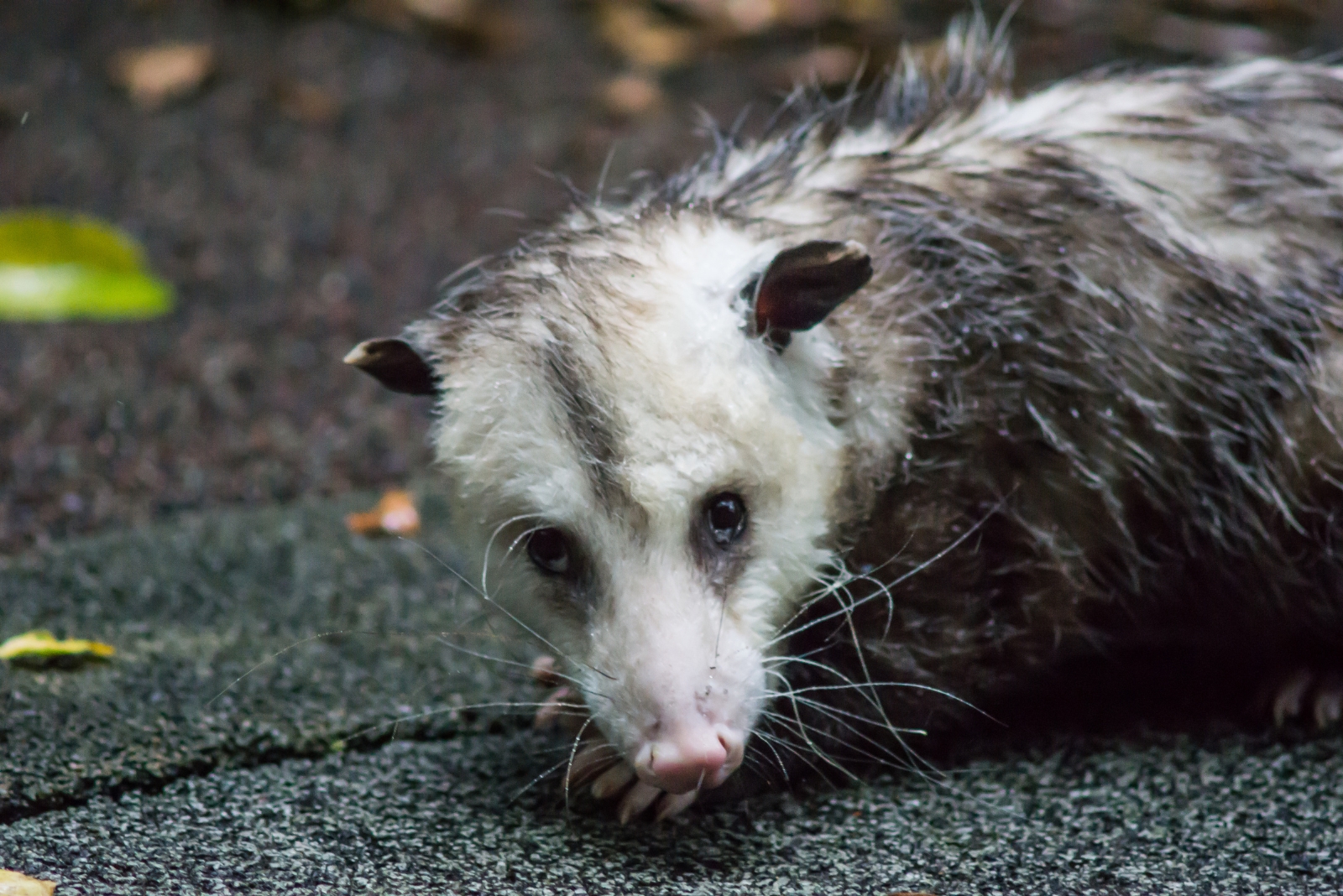
Possums in Tennessee can cause confusion when they show up unexpectedly. I’ve watched people react too fast and make the situation harder than it needs to be.
A little preparation leads to a much smoother outcome. Thinking ahead keeps both you and the possum safe.
1. Tennessee Law Protects Wildlife and Requires Permits
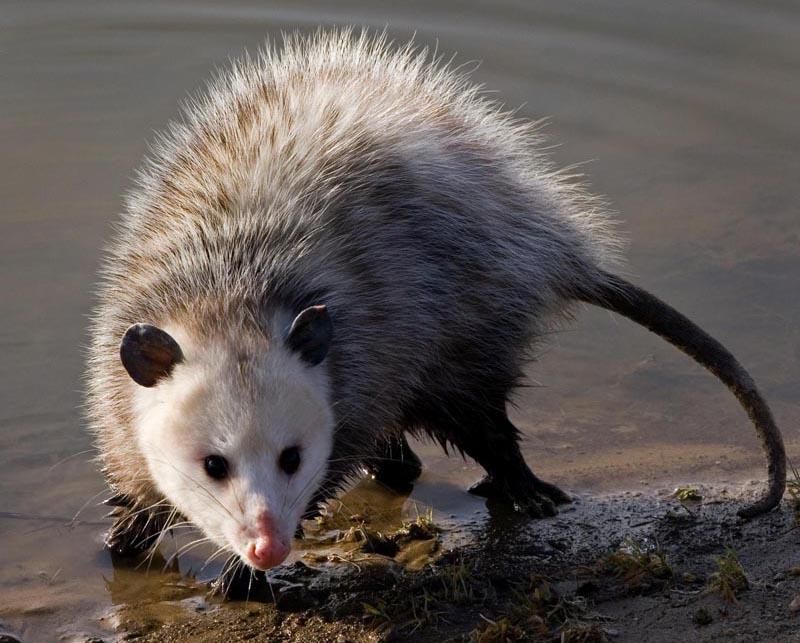
You might be surprised to learn that possums are protected under Tennessee wildlife regulations. Removing or relocating them without proper authorization can lead to fines and legal consequences.
The Tennessee Wildlife Resources Agency oversees these rules to ensure animals are treated humanely. Before attempting any removal, contact your local wildlife office to understand what permits or permissions you need.
Most situations require professional wildlife control operators who hold the necessary licenses to handle possums legally and safely in Tennessee.
2. Possums Are Actually Beneficial to Your Property
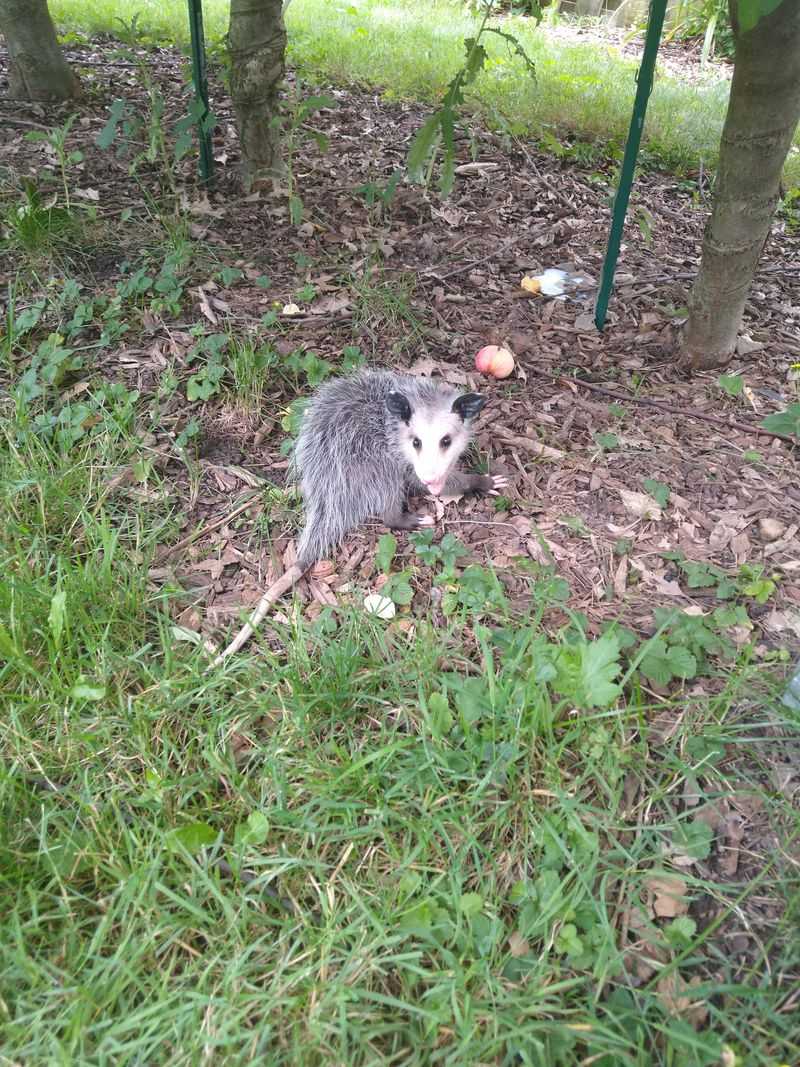
Before deciding to remove a possum, consider the helpful role they play in your Tennessee yard. Possums eat thousands of ticks each season, reducing your risk of Lyme disease and other tick-borne illnesses.
They also consume insects, snails, rats, and even venomous snakes that might threaten your family or pets. Their scavenging habits help clean up fallen fruit and carrion that could attract more problematic pests.
Many homeowners find that tolerating a possum’s temporary presence actually improves their outdoor environment naturally.
3. Possums Rarely Carry Rabies Despite Common Fears

A widespread myth causes unnecessary panic about possums and rabies in Tennessee communities. Scientific research shows that possums have a lower body temperature than most mammals, making it extremely difficult for the rabies virus to survive in their system.
Cases of rabid possums are extraordinarily rare compared to raccoons, bats, or skunks. While any wild animal should be approached with caution, possums pose minimal rabies risk.
If you encounter one acting strangely in Tennessee, contact animal control rather than assuming the worst about this misunderstood marsupial.
4. Exclusion Methods Work Better Than Trapping and Relocation
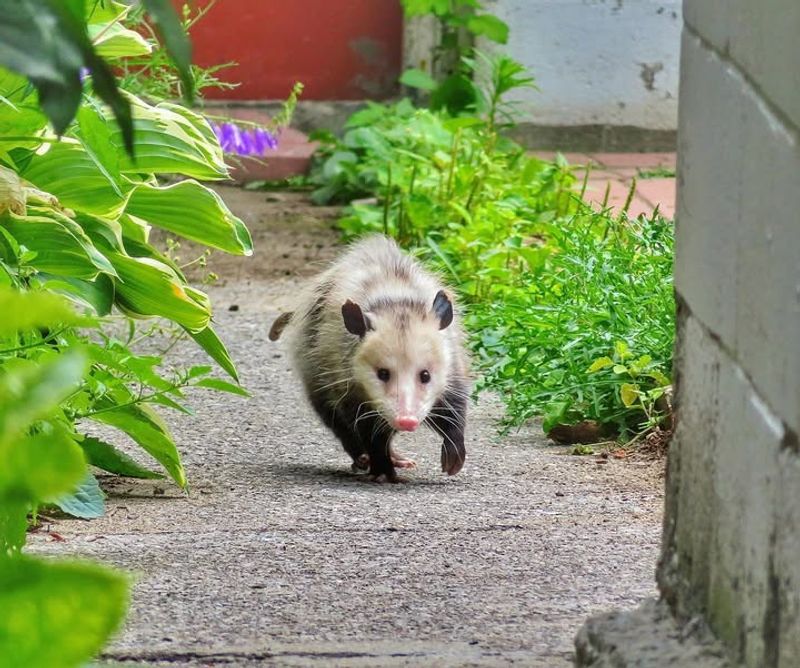
Catching and moving a possum might seem like the obvious solution, but exclusion techniques prove far more effective for Tennessee residents. Sealing entry points to your home, garage, or shed prevents possums from returning while allowing current occupants to leave naturally.
Install one-way doors that let animals exit but not re-enter. Remove food sources like pet food, unsecured garbage, and fallen fruit that attract them.
Professional wildlife experts in Tennessee recommend this humane approach because relocated possums often struggle to survive in unfamiliar territory or simply get replaced by other wildlife.
5. Playing Dead Is Their Defense, Not Aggression
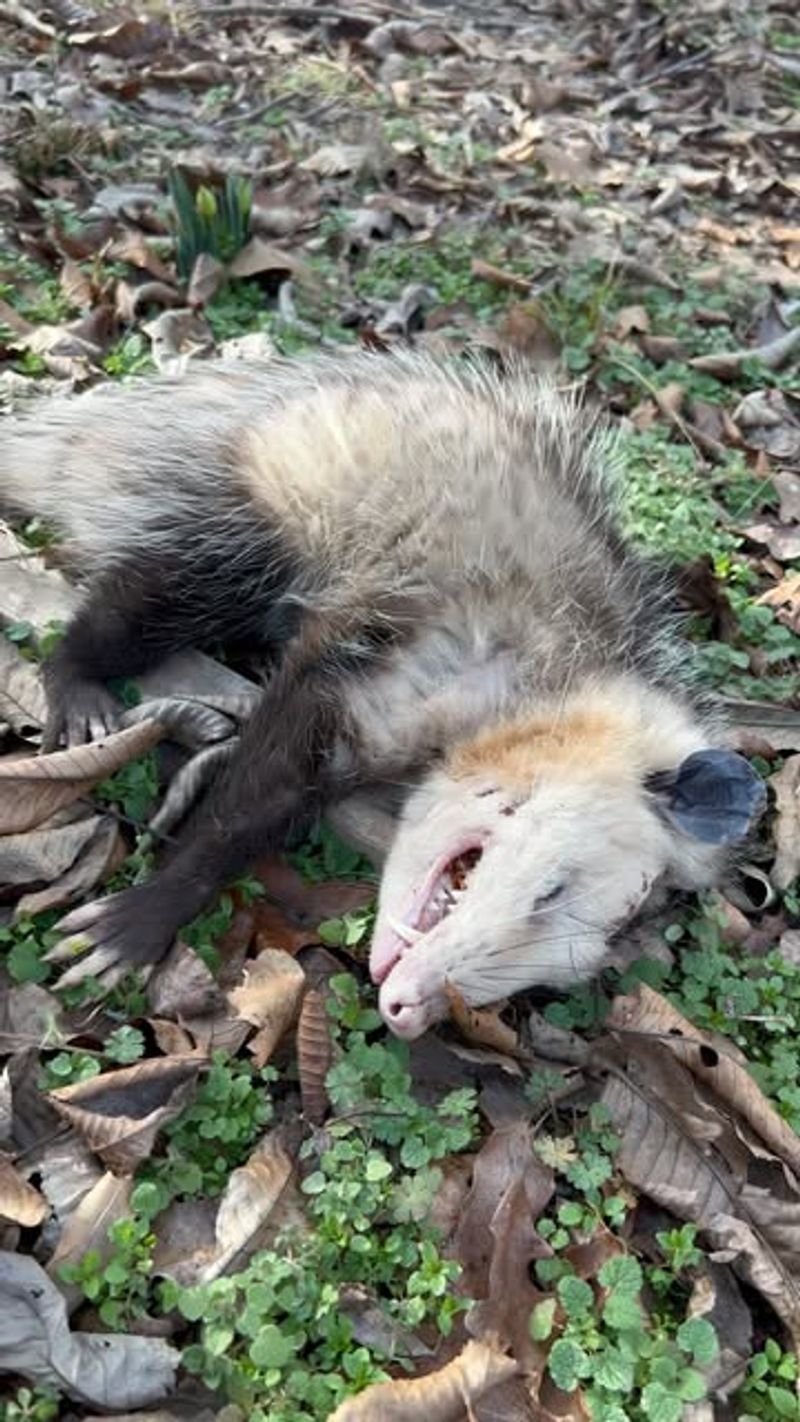
When a possum falls over and appears lifeless in your Tennessee yard, it’s experiencing an involuntary response to extreme stress, not plotting an attack. This famous behavior, called thanatosis, is completely automatic and can last from minutes to hours.
During this time, the possum cannot control its actions and is genuinely terrified. They also release a foul-smelling fluid to make themselves less appealing to predators.
Understanding this defensive mechanism helps Tennessee homeowners realize that possums are timid creatures who prefer escape over confrontation every single time.
6. Baby Possums Need Special Consideration and Care
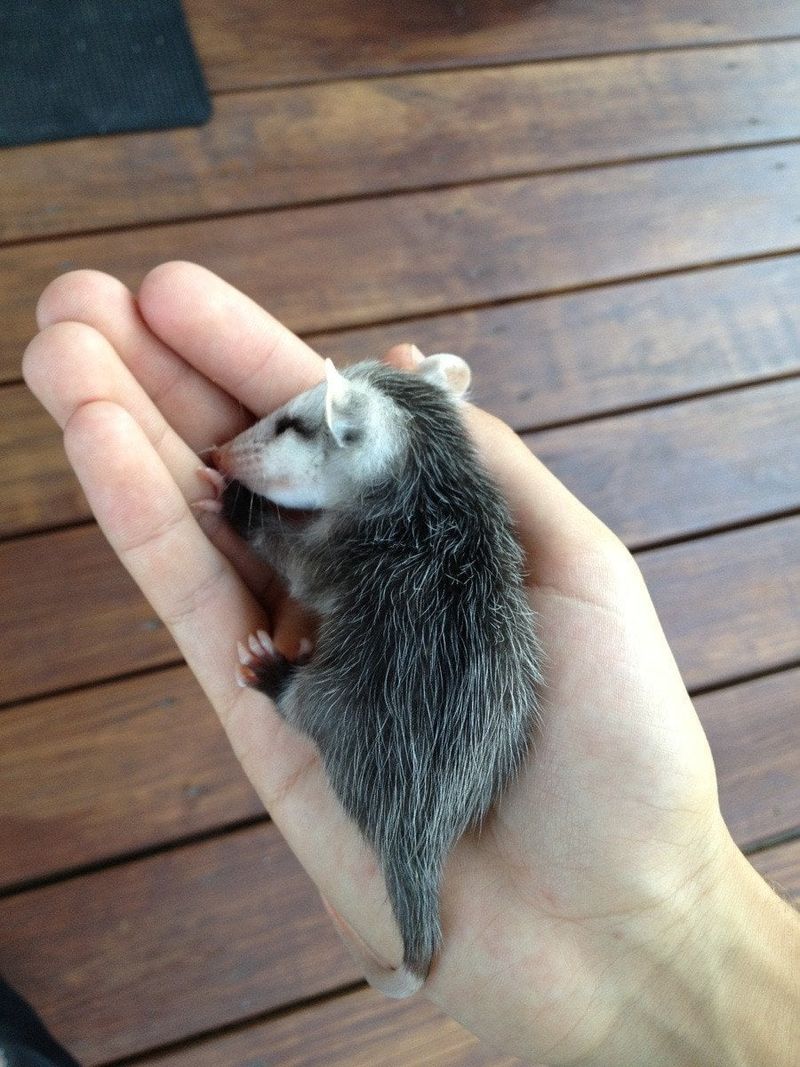
Discovering a mother possum with babies on your Tennessee property requires extra thought before removal. Young possums depend entirely on their mother for survival during their first few months.
Separating them causes unnecessary death and suffering. If you find babies alone, they may have fallen off during transport, and the mother will likely return to search for them.
Tennessee wildlife rehabilitators can provide guidance for these situations. Waiting a few weeks for babies to mature enough to survive independently often represents the most humane choice before implementing exclusion methods.
7. Professional Removal Saves Time, Money, and Legal Headaches
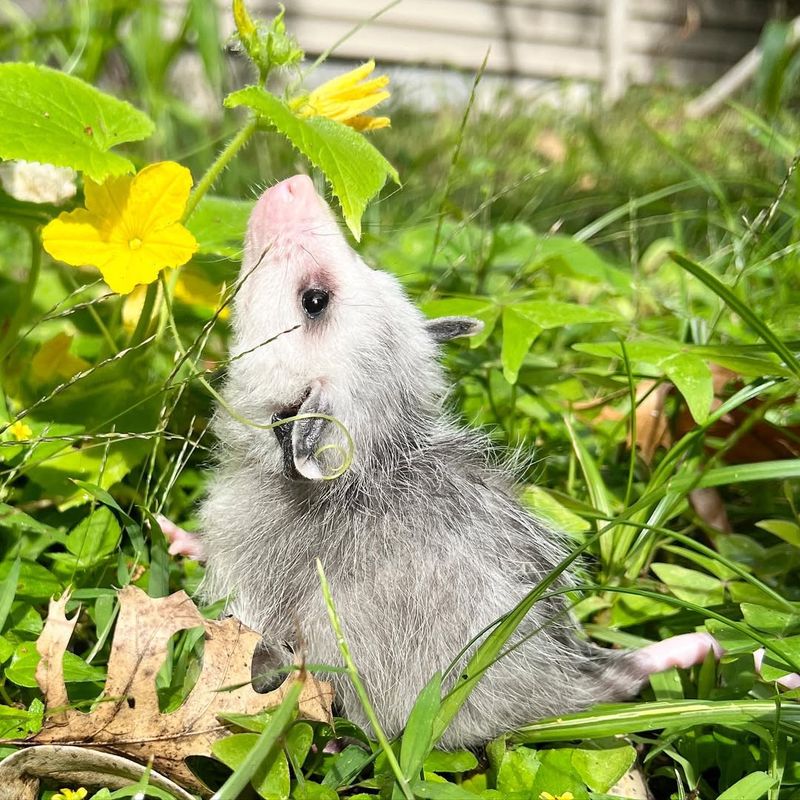
Attempting DIY possum removal in Tennessee often creates more problems than it solves. Without proper knowledge, you might violate state wildlife laws, injure yourself, or damage your property while trying to exclude animals.
Licensed wildlife control professionals understand Tennessee regulations, possess appropriate equipment, and can identify why possums chose your property in the first place. They also provide warranties on their work and preventative advice.
While hiring experts costs money upfront, avoiding fines, injuries, and repeated possum visits makes professional services worthwhile for most Tennessee homeowners facing persistent wildlife issues.

